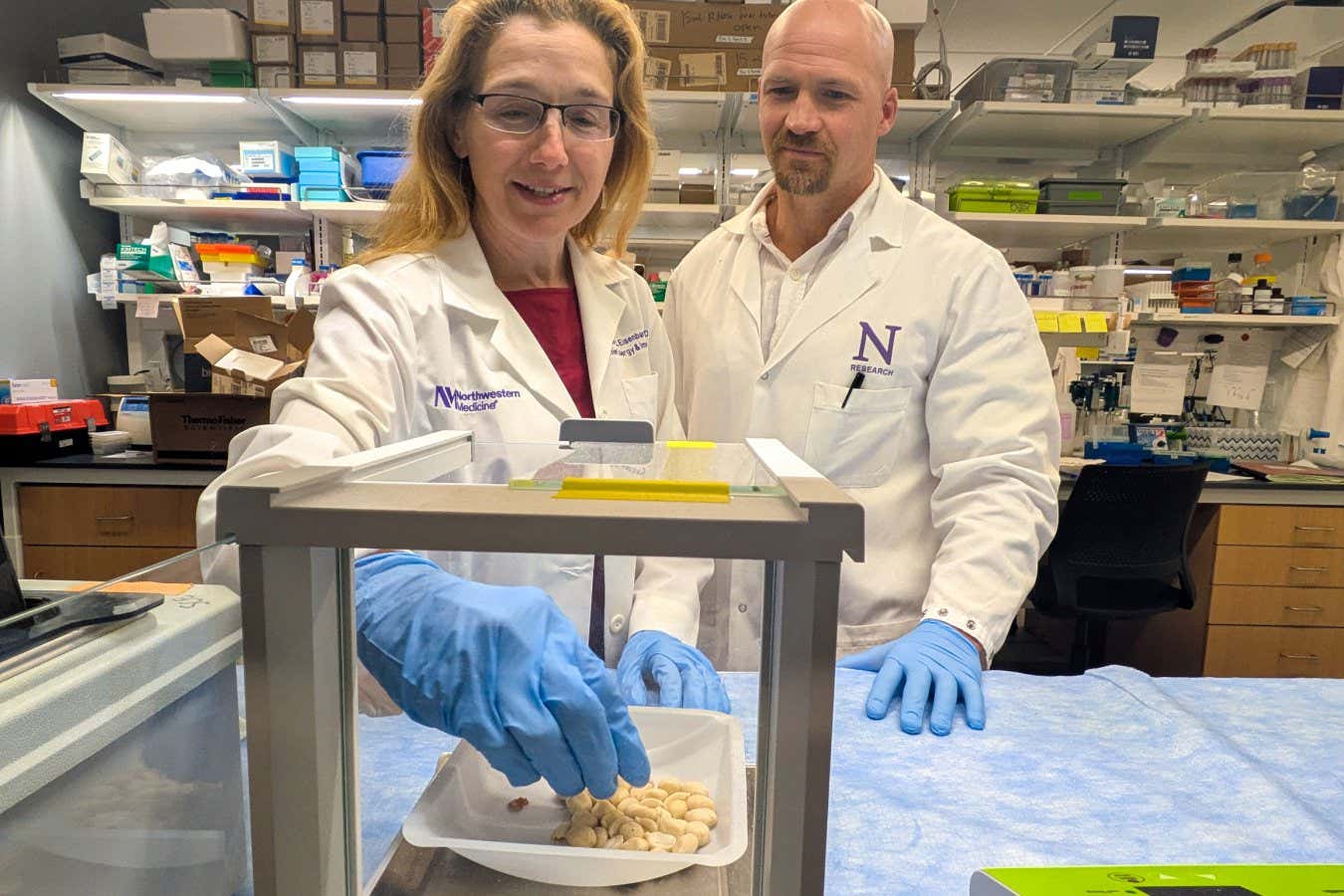Now Reading: Asthma Drug Shows Promise in Preventing Severe Allergic Reactions
-
01
Asthma Drug Shows Promise in Preventing Severe Allergic Reactions
Asthma Drug Shows Promise in Preventing Severe Allergic Reactions

Quick Summary
- A common asthma drug, zileuton, showed promise in protecting mice from anaphylaxis (a severe allergic reaction) by blocking food allergens from entering the bloodstream.
- The medication works by lowering levels of leukotrienes-chemicals released during allergic reactions that influence protein absorption in the gut.
- In experiments, zileuton was given to peanut-allergy-sensitized mice. Nearly all treated mice avoided anaphylaxis after allergen exposure, while untreated ones displayed severe symptoms.
- Zileuton blocks 5-lipoxygenase, an enzyme needed for leukotriene production. This reduction allowed the gut to regulate allergen absorption better.
- Results showed a 95% drop in anaphylaxis rates with a single dose of zileuton in treated mice.
- Human trials are underway to determine whether the drug can prevent serious allergic reactions similarly and offer protection against accidental allergen exposure.
- While it does not alter long-term sensitivity to allergens,researchers are exploring its potential as a protective treatment.
Indian Opinion Analysis
The findings on zileuton’s ability to prevent life-threatening food allergies could have wide-reaching implications if clinical trials confirm similar effectiveness in humans. For India-a country with growing food allergy concerns due to diversified diets and increasing awareness-such a therapy could provide reassurance for those at high risk of severe allergies. Accessibility may be critical; pricing and availability would need consideration given India’s healthcare disparities. Furthermore, regulatory approval processes must balance rapid adoption with due diligence over long-term impacts on human immunity and safety.
Lastly, this research underscores the importance of existing medicines being repurposed for new applications. If successful outcomes follow human trials globally, Indian medical practitioners might increasingly look at leveraging such cost-saving strategies rather than relying solely on newer drugs.



























